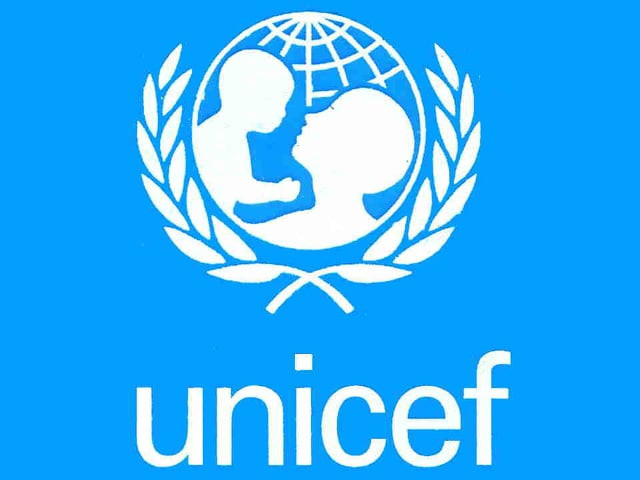Sindh govt gets DBR system
Project ensures every child gets basic right of identity and can access important facilities

Leveraging innovation in technology, Telenor Pakistan and Unicef have handed over the Digital Birth Registration (DBR) system to the Sindh government. After its successful launch and implementation in three pilot districts, the local government in Sindh is now all set to take over the DBR project and scale it across the province. The project transfer took place during an event held in Karachi.
The event was attended by officials from Telenor Pakistan and Unicef besides the officials from the Sindh government. Designed with the goal of birth registration for kids under the age of 17, with special focus on children under five years of age, the DBR system since its inception in 2016 has already helped recognise the identities of approximately 1.8 million children across Pakistan.
The DBR project ensures that every child gets their basic right of identity which would lead to give them better access to education, healthcare, and basic human rights. Together, Unicef and Telenor Pakistan have facilitated the creation of easy to access, convenient and real time mechanisms bringing birth registration to the doorstep in far flung, hard to reach areas; thus, reducing the high opportunity cost and time.
This successful publicprivate partnership model has shaped regional collaboration in technology and best-practice sharing for the achievement of universal birth registration for children across South Asia. Commenting on the development, Irfan Wahab Khan, CEO Telenor Pakistan said, "Birth registration is the fundamental right of every child and is a legal proof of their existence. Every life registered through the DBR platform takes the nation another step closer to the fulfillment of country's development goals, and even more importantly, plays a vital role in mitigating the effects of inequalities and socio-economic disparities.
Today, we are advancing towards the realisation of an inclusive digital society faster than ever." Speaking on the opportunity to scale the DBR system, he further added, "Together with Unicef, we are proud to have paved the way for our provincial government to do crucial work in uplifting and empowering communities across Pakistan. "The 2030 Agenda for Sustainable Development is rooted in universal rights and inclusive development and is driven by the key principle of leaving no one behind."
This is also embodied in target 16.9 of the Sustainable Development Goals which says: "By 2030, provide legal identity for all, including birth registration." A birth registration certificate, as a legal document with proof of age, helps to prevent violations of the rights of the child, including such phenomena as child labour, the recruitment and use of child soldier, early marriage, trafficking, and statelessness. Birth registration is important for girl child for protection from the early marriage and the enforcement of laws that set a minimum age for marriage, Commented Clara Dube, Chief Field Office, Sindh.
Present at the ceremony, Zainab Hussain Siddiqui, VP Sustainability and Partnerships at Telenor Group said, "Digital Birth Registration started out as an idea of how we could use technology to give children their fundamental right to an identity. Today the project is set to take on a larger scale, helping more children access their right to a future. This progress has been possible thanks to strong collaboration with our global partner Unicef and the support and engagement of relevant government agencies. It is a great example of the positive impact we can create together by using technology for social good."



















COMMENTS
Comments are moderated and generally will be posted if they are on-topic and not abusive.
For more information, please see our Comments FAQ